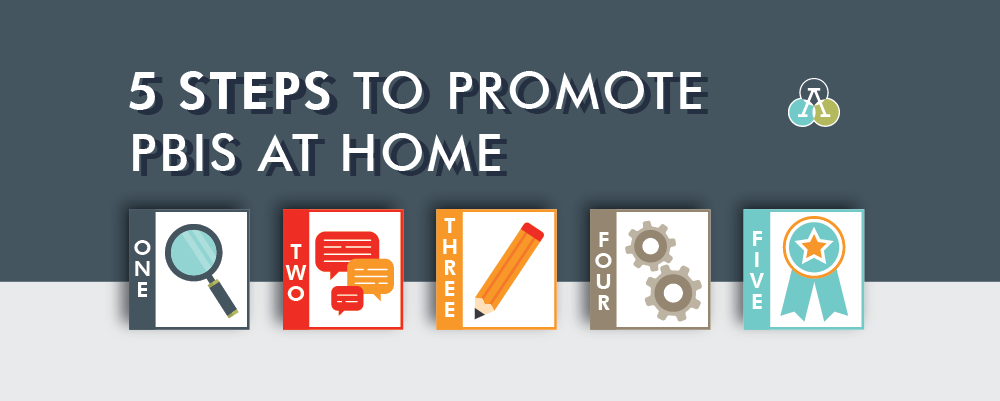Just as Athlos strives to implement the positive behavioral interventions support matrix into school culture and daily classroom interactions, families are also invited to create and implement their own matrix at home.
What is Positive Behavioral Interventions and Supports (PBIS)?
PBIS is a way for schools and organizations to operate and communicate based on positive reinforcement of expected behaviors. The PBIS matrix is a tool used to display the common rules and expectations the school has agreed to operate by.
In simpler words, this framework helps students and staff know the rules and expectations for each area of the school, such as restroom breaks, cafeteria, classroom behavior, etc.
How to incorporate PBIS at home.
Athlos encourages schools to both teach and post the PBIS matrix expectations throughout the school. Now that students are at home daily, rather than in a school building, Athlos has developed 5 steps to help parents set up a similar matrix framework to help family members know what is expected of them at home.
Download the printable matrix PDF and follow the steps below:

Begin with identifying the behavioral atmosphere of your home.
Every home has an atmosphere that could use a little work; no family dynamic is perfect. Start by listing positive social behaviors; examples could be clean bedrooms, offering to clean up after dinner, etc. Then list the social behaviors that could use improvement, examples could include following directions, punctuality, etc.
Begin with identifying the behavioral atmosphere of your home.
Every home has an atmosphere that could use a little work; no family dynamic is perfect. Start by listing positive social behaviors; examples could be clean bedrooms, offering to clean up after dinner, etc. Then list the social behaviors that could use improvement, examples could include following directions, punctuality, etc.


Hold a family conference.
Family meetings tend to have a bad reputation, because most families only hold them when there is something wrong. In this meeting, begin with what the household is doing well. Be positive and specific. After discussing the positive social behaviors, ask household members to identify behaviors that could use improvement, and provide some of your own observations as needed.
Hold a family conference.
Family meetings tend to have a bad reputation, because most families only hold them when there is something wrong. In this meeting, begin with what the household is doing well. Be positive and specific. After discussing the positive social behaviors, ask household members to identify behaviors that could use improvement, and provide some of your own observations as needed.


Create your own family matrix together.
As you discuss the social behaviors in your home, your family will begin to identify expectations that are considered valuable. These are what you write down on the family matrix. Be sure to include everyone’s input. Studies show that when children are given an opportunity to help make rules and expectations in the home, they are more likely to keep them. You can find a blank template here.
Create your own family matrix together.
As you discuss the social behaviors in your home, your family will begin to identify expectations that are considered valuable. These are what you write down on the family matrix. Be sure to include everyone’s input. Studies show that when children are given an opportunity to help make rules and expectations in the home, they are more likely to keep them. You can find a blank template here.


Review weekly or biweekly as needed.
An important step of this matrix is to hold regular meetings to discuss how expectations are being met and if adjustments are needed. Depending on your family dynamic and scheduling, you may need to review this matrix weekly or every other week.
Review weekly or biweekly as needed.
An important step of this matrix is to hold regular meetings to discuss how expectations are being met and if adjustments are needed. Depending on your family dynamic and scheduling, you may need to review this matrix weekly or every other week.


Set rewards when expectations are met.
Rewards help motivate household members to keep the rules and expectations of the home. Every family is different and will need to be creative in what rewards create a motivation.
Set rewards when expectations are met.
Rewards help motivate household members to keep the rules and expectations of the home. Every family is different and will need to be creative in what rewards create a motivation.

As you implement the PBIS family matrix in your home, you’ll find over time what works and what doesn’t. Just like in schools, the clearer the expectations are, the more likely they’ll be followed.

